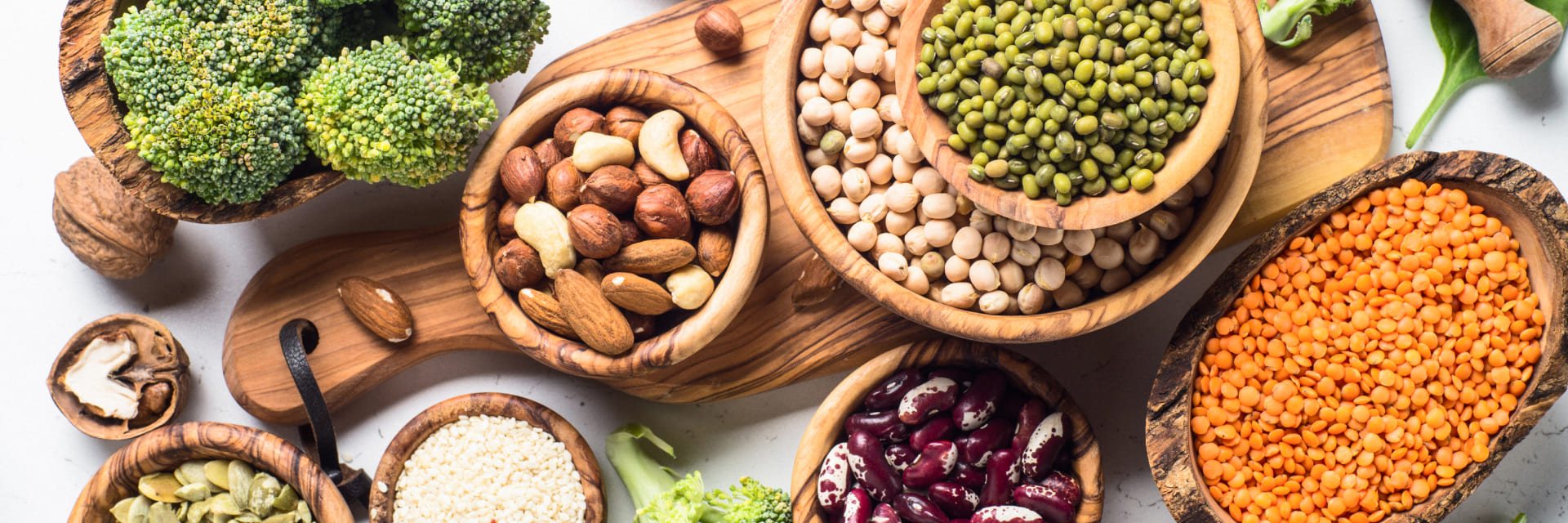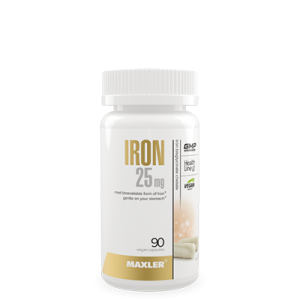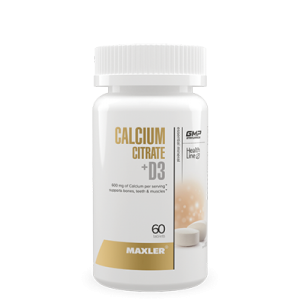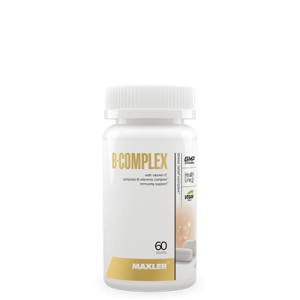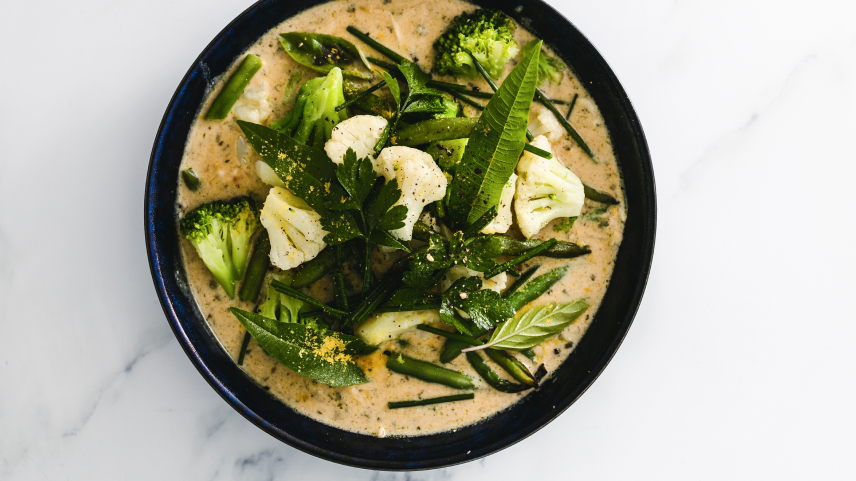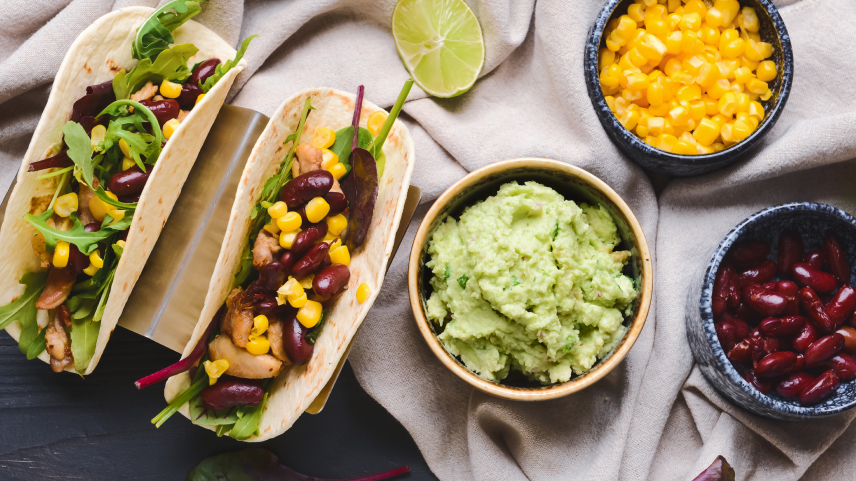Have you ever been curious about the various types of diets that people seem to follow? With so many options and so many different rules, you might wonder whether one diet is better suited to your needs than another. In the Discovering Diets series, we’re taking apart popular diets and looking at their benefits and basics.
You may have noticed more and more people turning to plant-based diets, whether that’s simply doing Meat Free Mondays or going full vegan. If you think quitting eating meat is a hip new trend, it’s not the case – it’s been around since approximately 3200 BC1! So, what makes up a vegan or vegetarian diet, and is it good for you?
The basics of the meat-free diet
A vegetarian or a vegan diet consists predominantly of plant foods, favoring grains, pulses, fruit and vegetables. Vegetarians might also consume dairy and eggs, depending on their preferences. There are a few things to keep in mind about the plant-based diet2:
- Planning is key. To ensure you’re getting all the right nutrients, you need to plan your diet accordingly. Make sure to get the necessary amount of macronutrients.
- Sufficient protein. Many people are worried about getting protein on a plant-based diet, but pulses, meat alternatives and products like tofu are great ways to meet your goals. Protein powders can come in handy here – whey protein and vegan protein powders can help with taking in enough of the nutrient. For vegan powders, look for ones with multiple sources of protein, so they have a full amino acid profile. Aim to get a little more protein than recommended (0.45 g for a pound of weight for women, for example) as not all plant sources have all the required amino acids.
- Flexible. A meat-free diet can suit many different lifestyles and can be followed for as long as you like. It can be a good option for athletes, adolescents or even families, provided you meet your nutritional needs. As a good practice, consult with your doctor before and during the beginning stages of a new diet.
Ensuring right micronutrient intake remains a priority for these diets. Those leading vegetarian or vegan diets might need to pay attention to vitamin B12, iron, calcium, omega-3 and zinc levels3.
To help your body take in enough of each nutrient, supplements can come in handy, especially if you’re just starting out.
To keep your energy levels high and your circulatory system healthy, include Maxler Iron 25 mg in your routine. This supplement has highly bioavailable iron which is gentle on your stomach.
If you need a little boost of the B-group vitamins, Maxler B-Complex can offer a great solution. As these vitamins support metabolism and good mood, you’ll surely want to get them in sufficient amounts.
For meat-free athletes, staying on top of protein intake is important. For your workouts, consider 100% Golden BCAA – a great source of amino acids to support muscle growth and recovery.
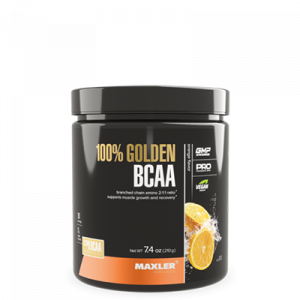
100% Golden BCAA
Vegan vs Vegetarian
What’s the difference between vegetarianism and veganism? While both mean eating mainly plant products, you’ll find that vegetarianism is more lenient. There are multiple variations of it, including those that eat meat or fish sporadically, or those that eat animal products but do not eat meat4.
On the other hand, veganism is a stricter plant-based diet, and can also be a lifestyle. People that follow a vegan lifestyle might not use items made from animal products5. This is also a great option for the environmentally conscious among us, as vegan diets have a smaller carbon footprint6.
The health benefits
These diets have a variety of beneficial effects on health.
Healthy heart and body. Those that follow a vegan or vegetarian diet tend to have lower risks of heart problems. They tend to have less “bad” cholesterol in their blood. They are also less likely to develop diabetes7. These diets also contain many beneficial molecules that help curb inflammation, supporting healthy ageing8.
Diverse nutrients. The plant-based diets are highly nutritious. They typically have a high amount of fibre, vitamins like vitamin C, E, A and B9. These diets are also great for mineral content9. They are also high in phytonutrients, which are beneficial molecules of plant origin10.
Healthy weight. These diets can help you reach a healthy weight11. They can also promote a healthy BMI, which is a good way to prevent issues associated with excess weight12.
Less processed foods. These diets are rich in fresh foods and produce. This helps keep saturated fat and salt intake low13.
More plants = healthy gut. Fiber found in plants is great at supporting gut health. It helps us better control appetite. High fiber intake is a great way to support our metabolic health and reduce chances of developing conditions like diabetes14. These diets also help encourage a wider variety of gut microbes and increase their ability to make short-chain fatty acids. These fatty acids help with immunity and overall health15.
If you’d like to give this diet a try, here’s what your day might look like:
FOR VEGETARIANS
- Greek yoghurt without added sugars alongside some muesli and fruit
- Hummus and vegetables
- Mushroom soup with barley
- Celery and cheese
- Green curry with tofu, rice and broccoli
- Morning
- Snack
- Lunch
- Snack 2
- Dinner
FOR VEGANS
- A green smoothie with vegan protein powder
- Apples and peanut butter
- Pasta with tomato sauce, basil and a mixed salad
- Popcorn
- Tofu and black bean tacos with guacamole
- Morning
- Snack
- Lunch
- Snack 2
- Dinner
